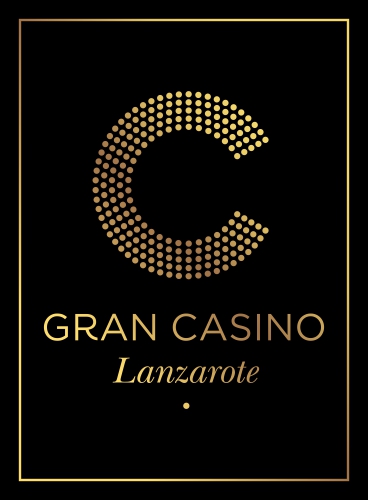For health and hygiene reasons, only a tiny amount of surplus food from buffets currently goes to people in need. The new Food Waste Law promotes the reduction of surplus food and its donation to charity
On 11th May, Congress passed the Food Waste and Loss Prevention Act which will now pass through the Spanish Senate. It is pioneering legislation in Spain and has the support of the European Parliament and the 2030 Agenda. It aims to reduce waste throughout the food chain by 50% and to correctly manage food surplus.
It obliges ‘catering companies to make it easier for consumers to take away food that has not been consumed in suitable, reusable or recyclable packaging, at no additional cost.’ Open buffets are excluded for the moment, but its specific aims are to, ‘Promote donation, guaranteeing food safety and traceability’, as well as, ‘recover and distribute surplus food for charitable purposes.’
Viva Lanzarote approached Asolan, the association representing Lanzarote’s Hotel and Apartment entrepreneurs but as we had not received a response in time to go to print, we turned to other sources.
Yasmín Silva, head of UGT’s Hotel and Catering sector on the island, points out that, ‘The Health Department prevents food from leaving hotel buffets. Many companies expressly forbid it, not even allowing employees to take home surplus food as they cannot be held responsible for its hygiene when it leaves the premises.’
Vanesa Frahija, island secretary of the trade union CC.OO stated, ‘Surplus food is thrown away because of health and hygiene regulations.’
When we consulted various charitable organisations on the island, including Caritas, Emerlan NGO and the Red Cross, they said that they had only ever received unprocessed food from hotels and that was during the pandemic.
Sister Ana Rodríguez, from Calor y Café charity, said, ‘For two months in 2014, we were given vegetable soups, but I put a stop to that in the end as I prefer to cook myself and serve something more appetizing.’ She added, ‘Rotary Club members went to collect stew once a week and bring it to us, and this was much better quality food.’
Inmaculada Dévora, from the Canarian Flora Acoge Foundation, stated, ‘We have a dining room where we serve around forty people, and four hotels donate surplus food every week. They have cooked for us occasionally, too. They’ve been donating food for ten years, and the Rotary Club provides us with isothermal containers.’
Many restaurants on the island currently offer a takeaway ‘doggy bag’ service. So too do the Centres for Art, Culture and Tourism, who point out that they, ‘Already have the necessary containers in our establishments so that customers who wish to do so can take home leftovers from their meals.’





